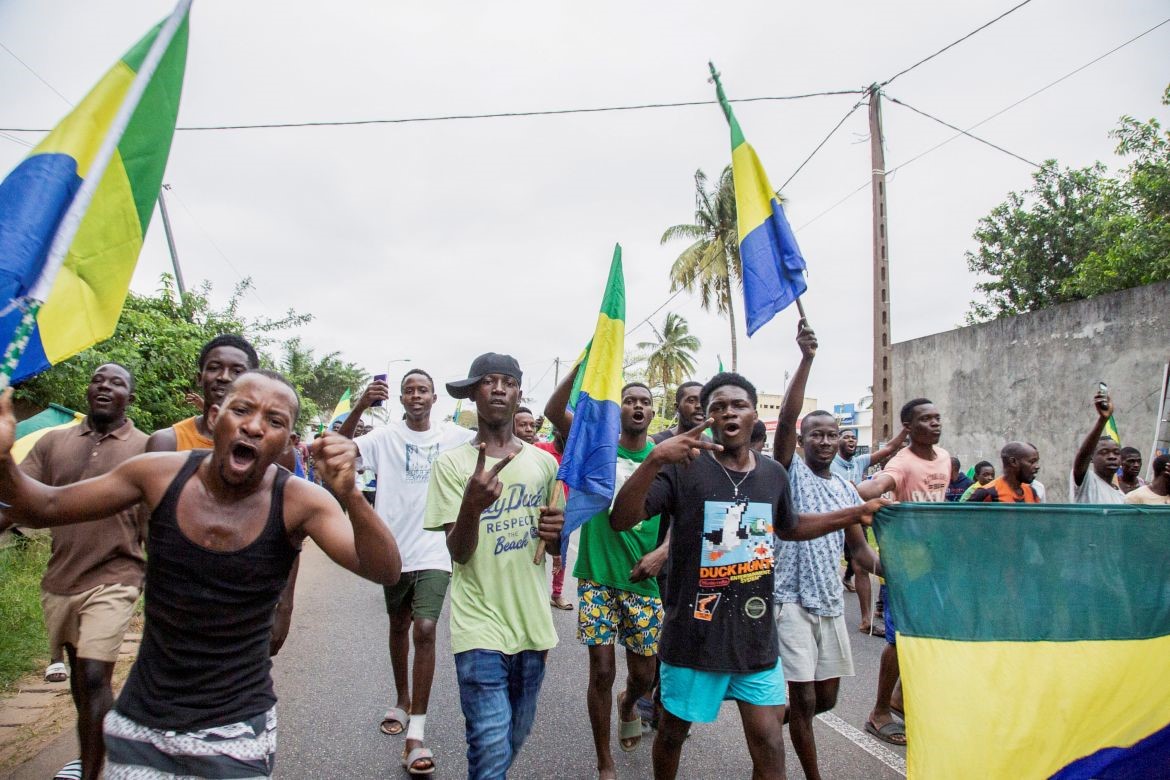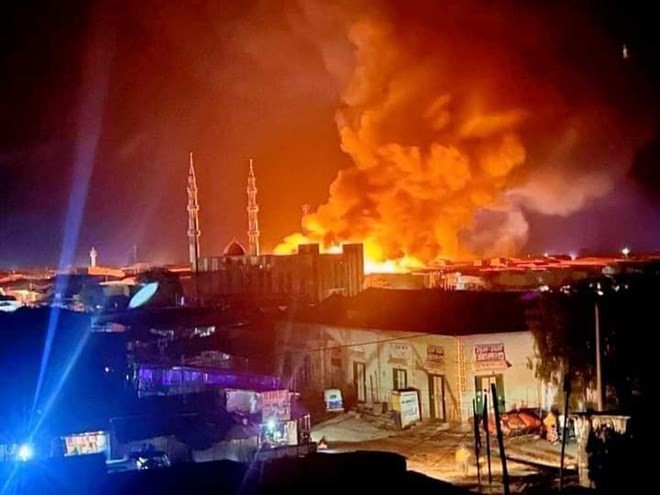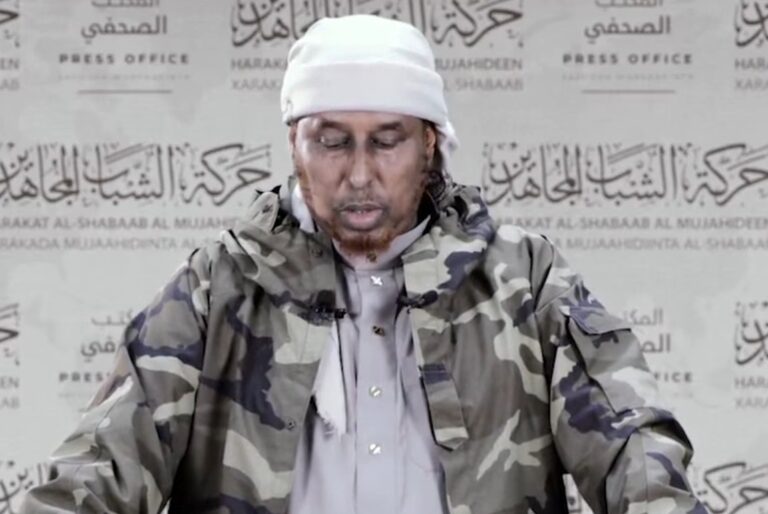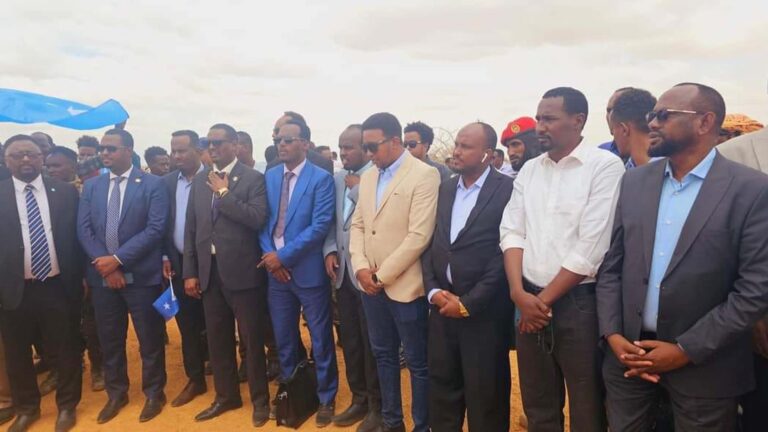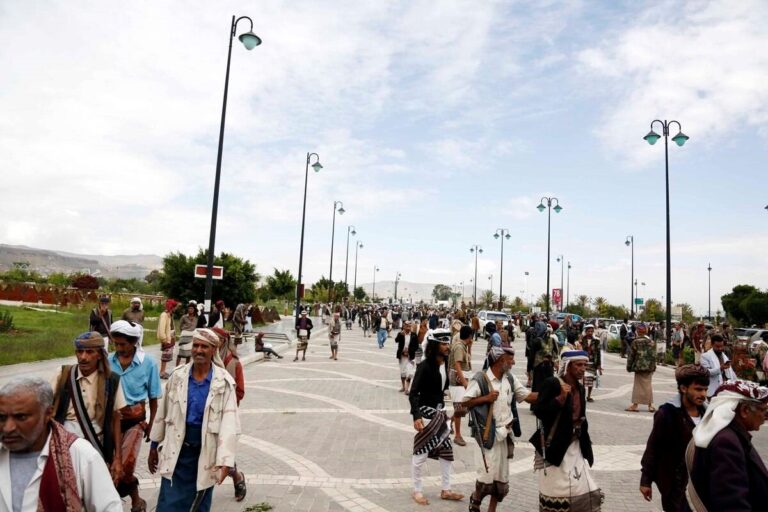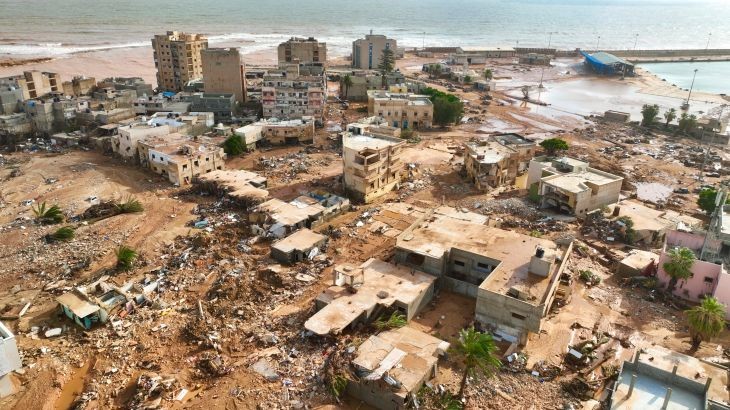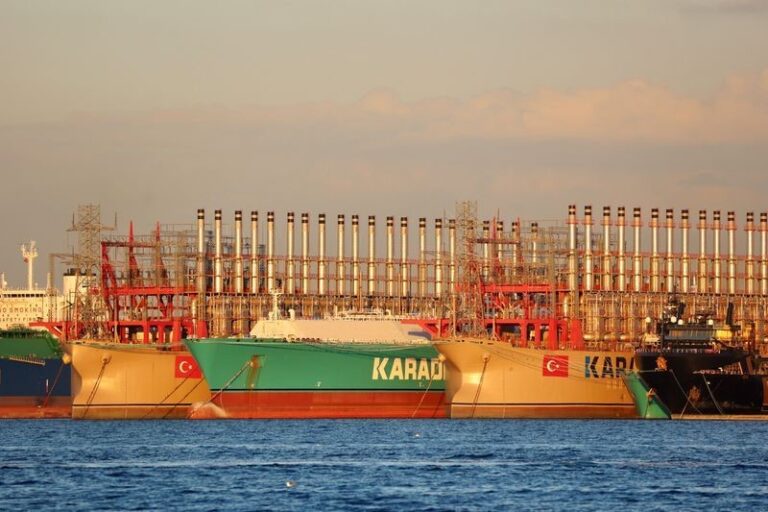Gabon, Central Africa – In a surprising turn of events, a group of senior military officers in Gabon’s capital, Libreville, declared they had seized power, putting President Ali Bongo under house arrest. This development occurred shortly after President Bongo was declared the winner of an election that would have extended his family’s 55-year rule in the oil-rich nation. International observers had criticized the election, in which Bongo sought his third term.
As news of the election result spread, gunfire erupted in Libreville. Within minutes, uniformed soldiers appeared on state television to announce their takeover, leading to jubilation in the streets as crowds celebrated the military’s intervention. Opposition to the Bongo family’s long-standing rule cited a lack of equitable distribution of the nation’s oil and mining wealth.
The military officers behind the coup identified themselves as the Committee of Transition and the Restoration of Institutions, claiming that Gabon was facing “a severe institutional, political, economic, and social crisis,” and that the recent election lacked credibility.
It remains unclear who is leading the coup, but television images showed a man in military attire held aloft by soldiers shouting, “Oligui president,” possibly referring to Brice Oligui Nguema, the head of Gabon’s Republican Guard.
While France, Gabon’s former colonial ruler, condemned the coup, many Gabonese citizens took to the streets to celebrate the end of the Bongo family’s decades-long rule. Gabon has a history of unrest following disputed elections, with violent protests in 2016 and a foiled coup in 2019.
This coup marks the eighth such incident in West and Central Africa since 2020, contributing to concerns about political stability in the region.
In the midst of these developments, President Ali Bongo appeared in a video, calling on “friends of Gabon” to support him. Meanwhile, the U.S. Embassy advised American citizens in Libreville to shelter in place due to the ongoing unrest.
Saturday’s elections had already been overshadowed by a lack of international observers, raising transparency concerns. In response, Bongo’s government had curtailed internet access and imposed a nightly curfew to combat the spread of misinformation.
The coup in Gabon is also raising concerns about the future of countries in the Central African Economic Bloc (CEMAC), where some of the world’s longest-serving leaders remain in power. The coup follows the recent military overthrow of Niger’s President Mohamed Bazoum, continuing a trend of political instability in the region.
Many citizens in CEMAC countries feel frustrated with leaders who have clung to power for decades, citing a lack of progress and equitable distribution of resources. If opposition remains fragmented and leaders maintain their grip on power, the trend of military takeovers may continue to spread in the region, exacerbating systematic problems and widespread frustration.
As the situation in Gabon unfolds, uncertainty looms over the nation’s political future, and the international community watches closely to see how events will shape the country’s trajectory in the coming days and weeks.

